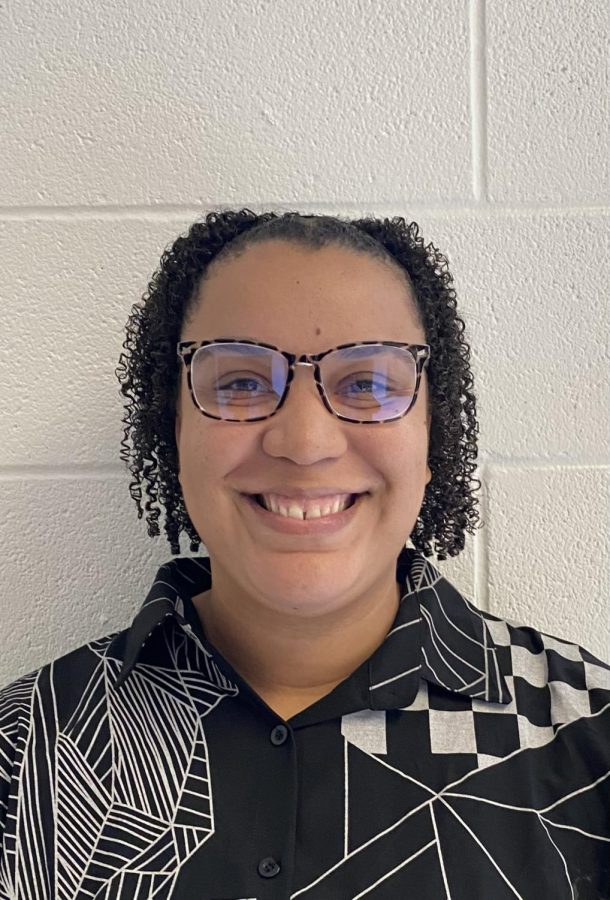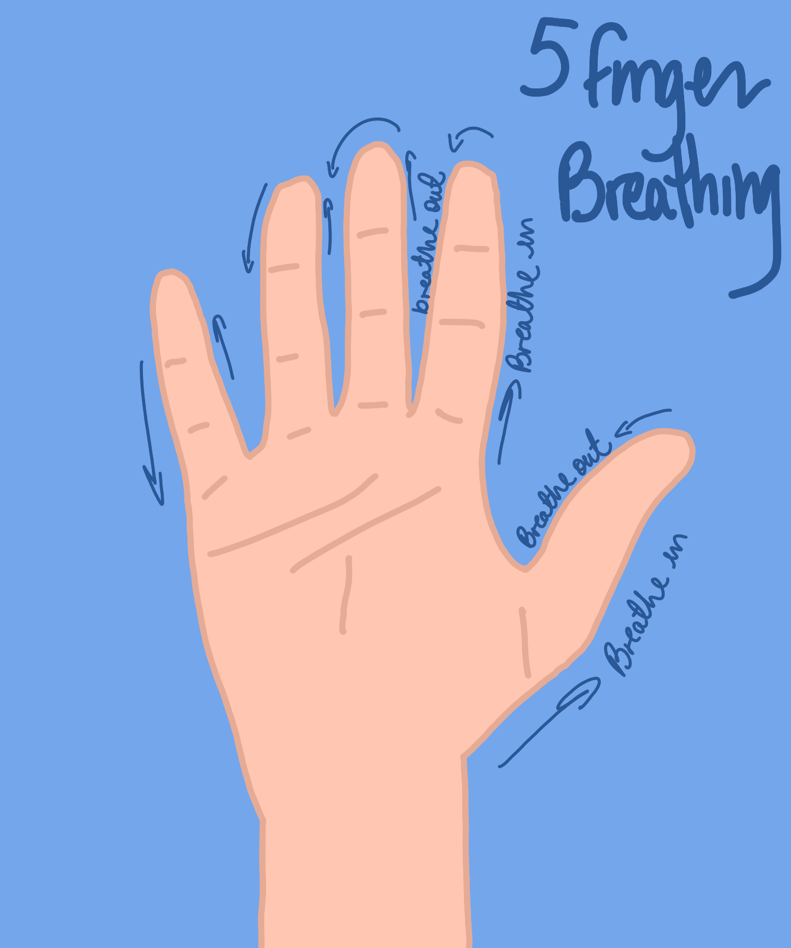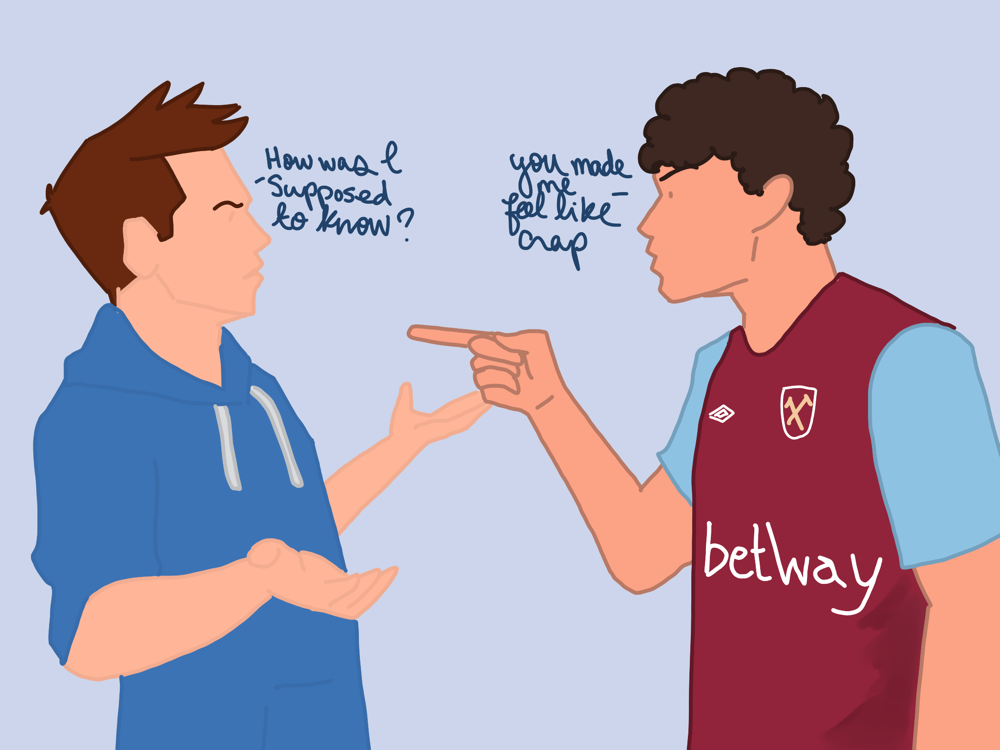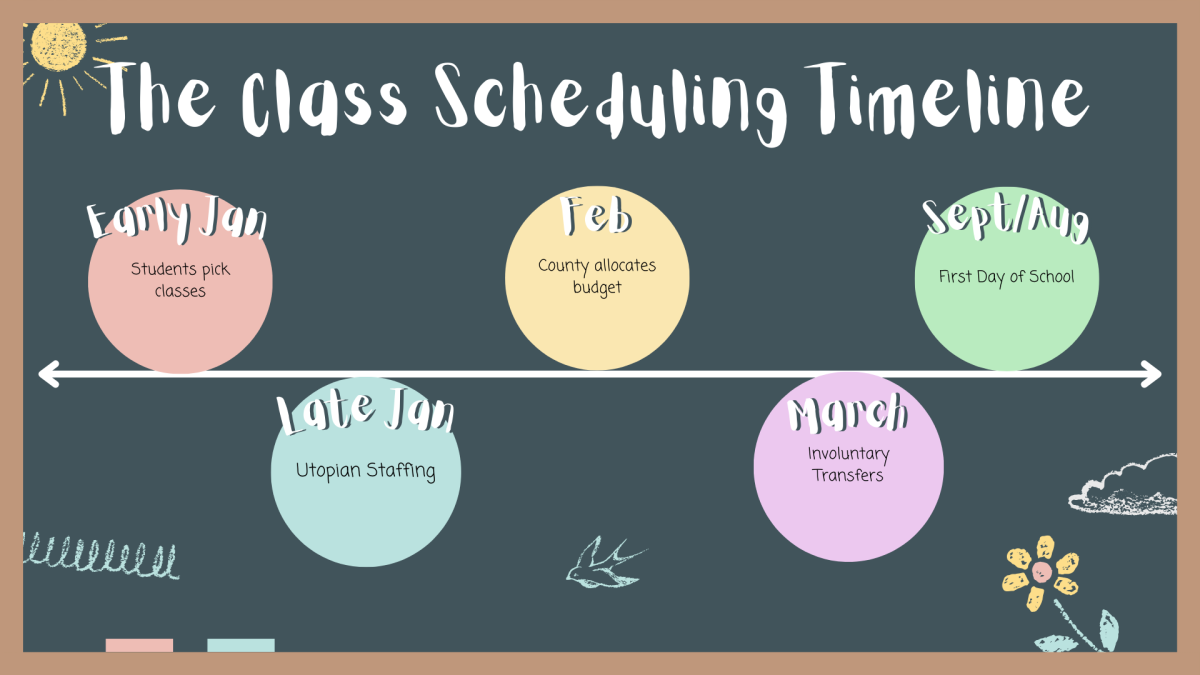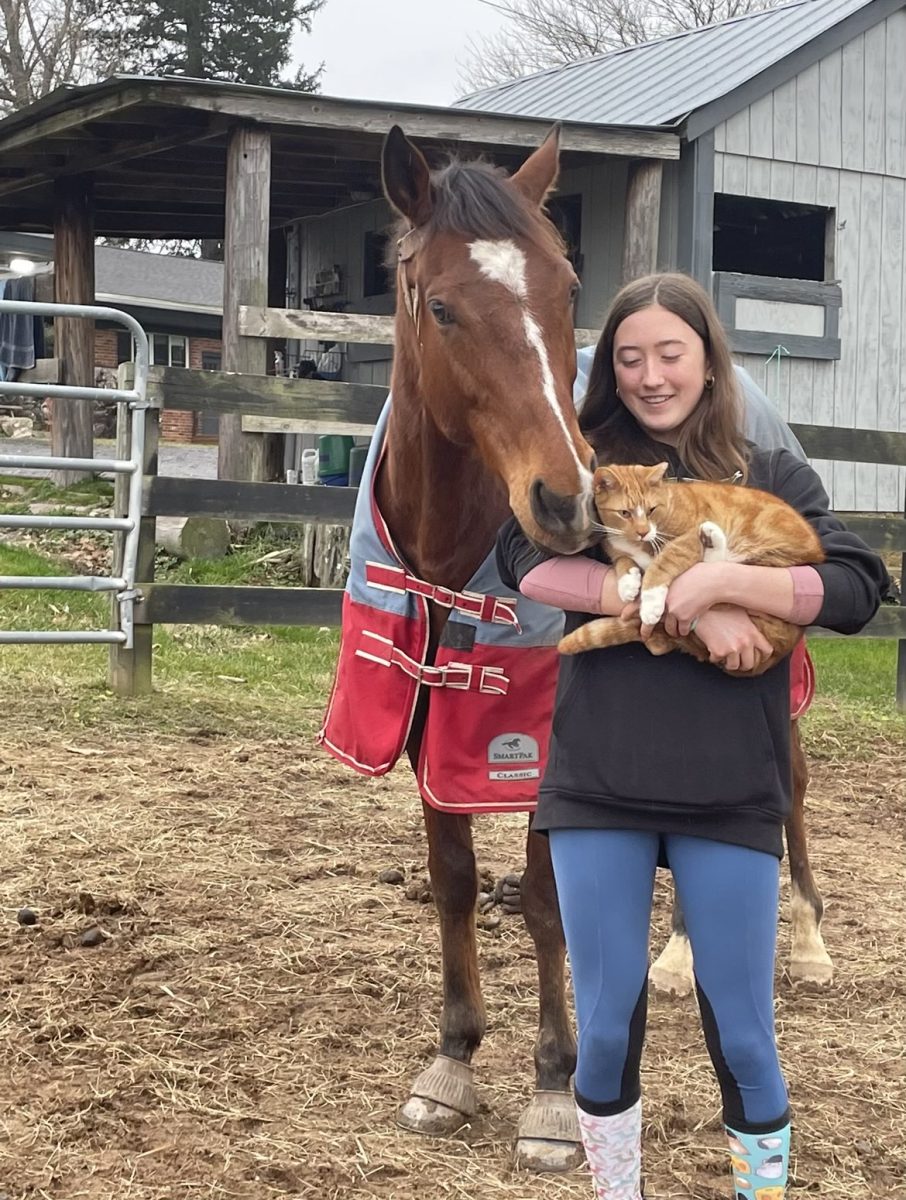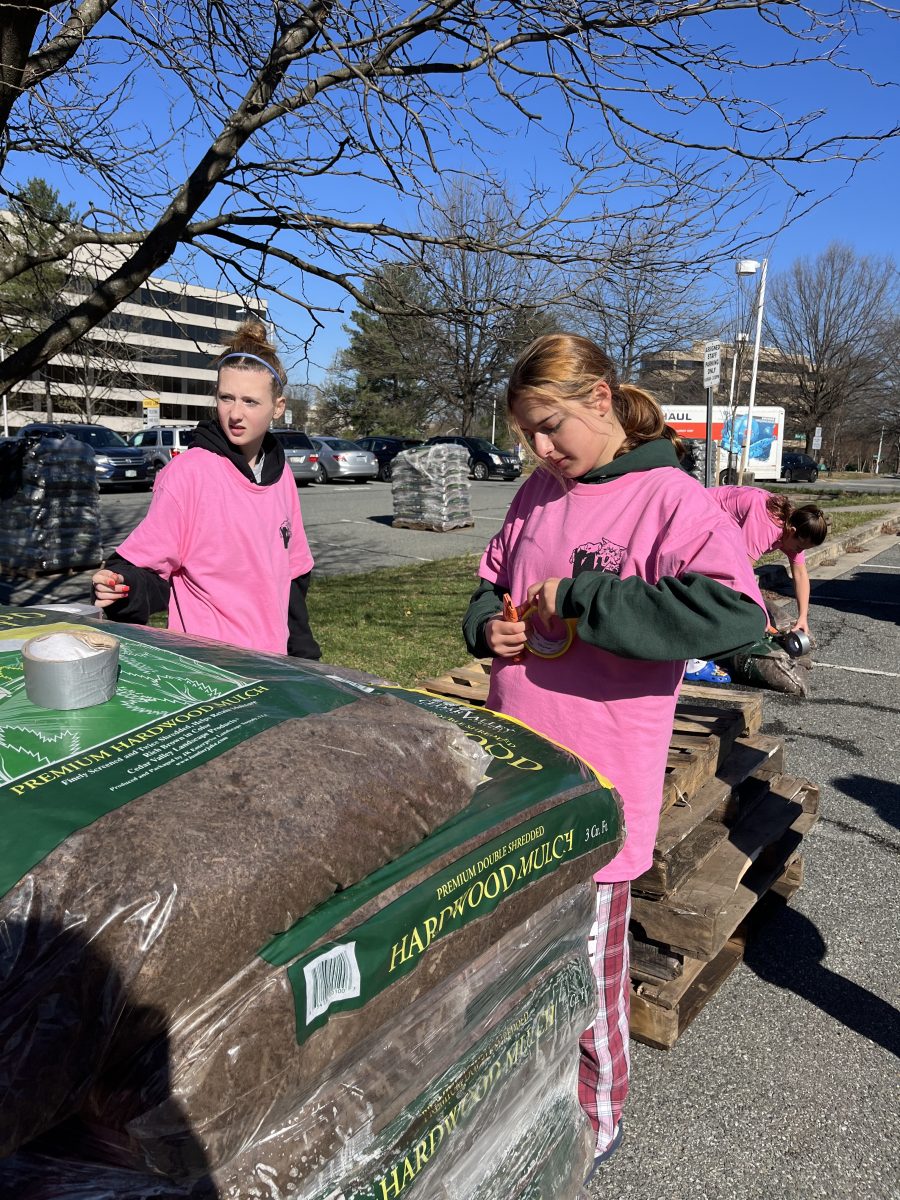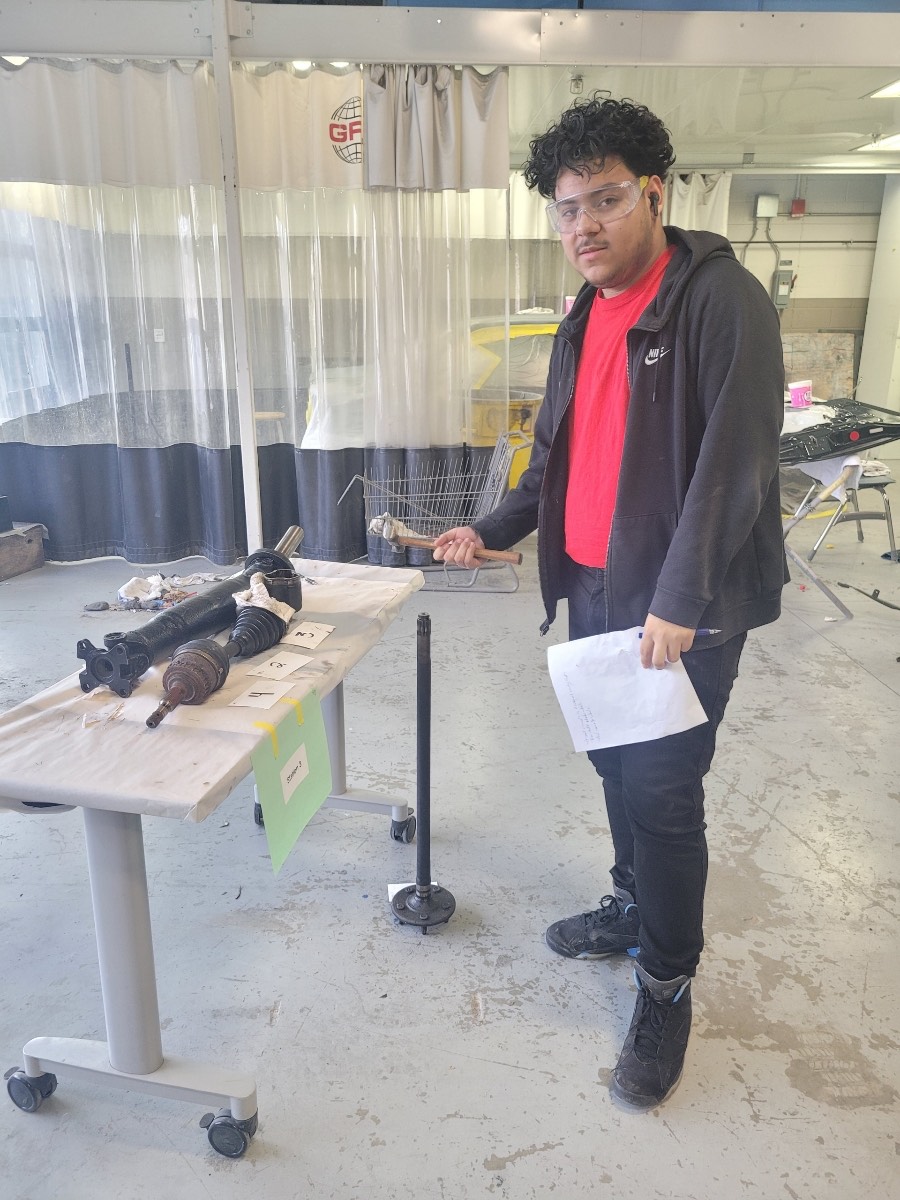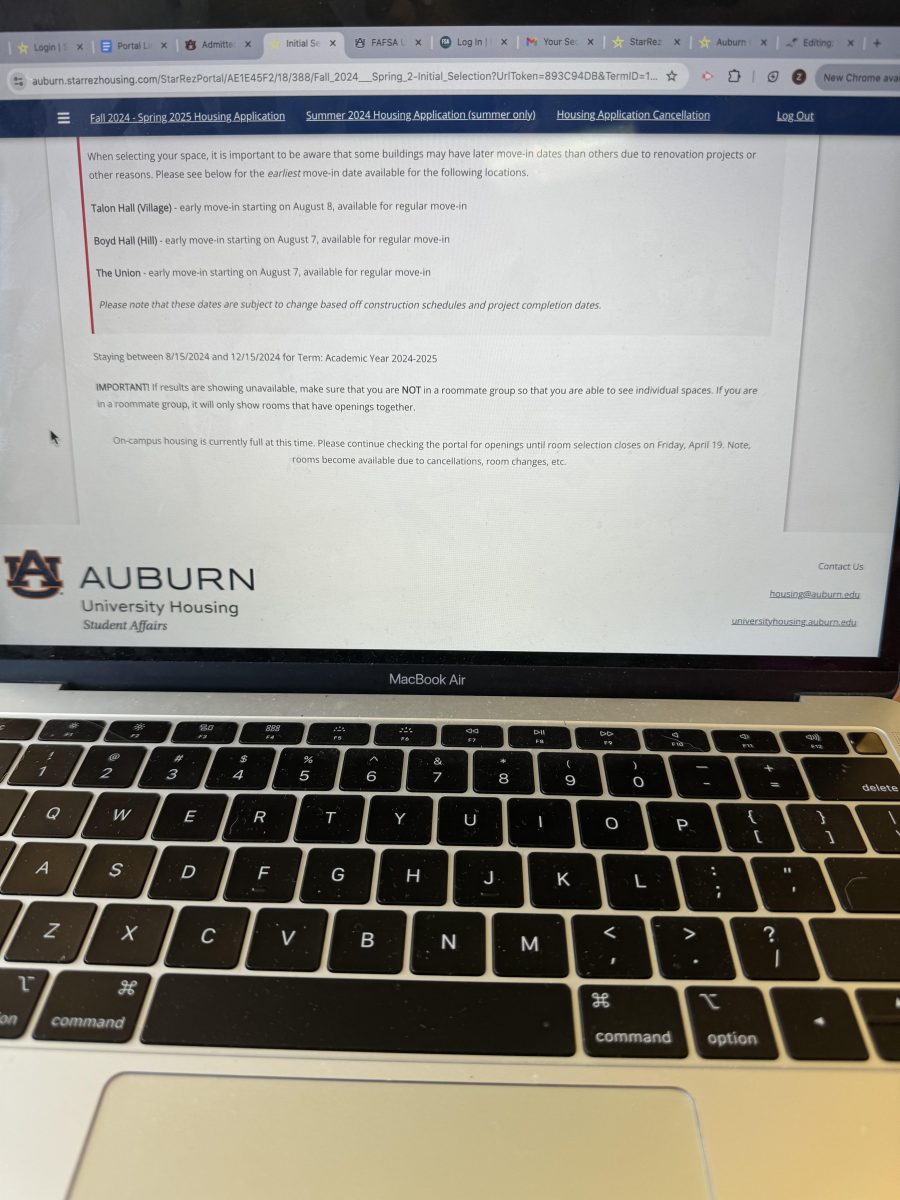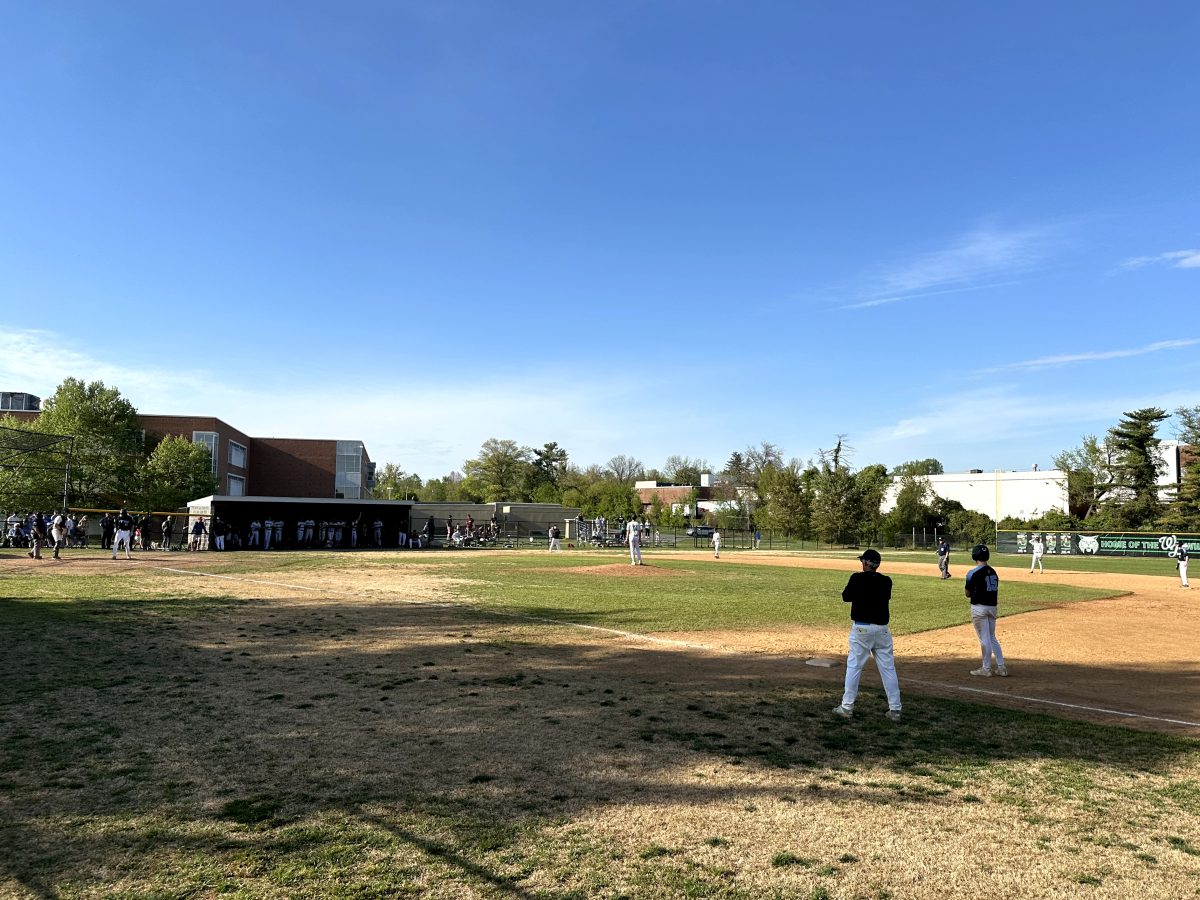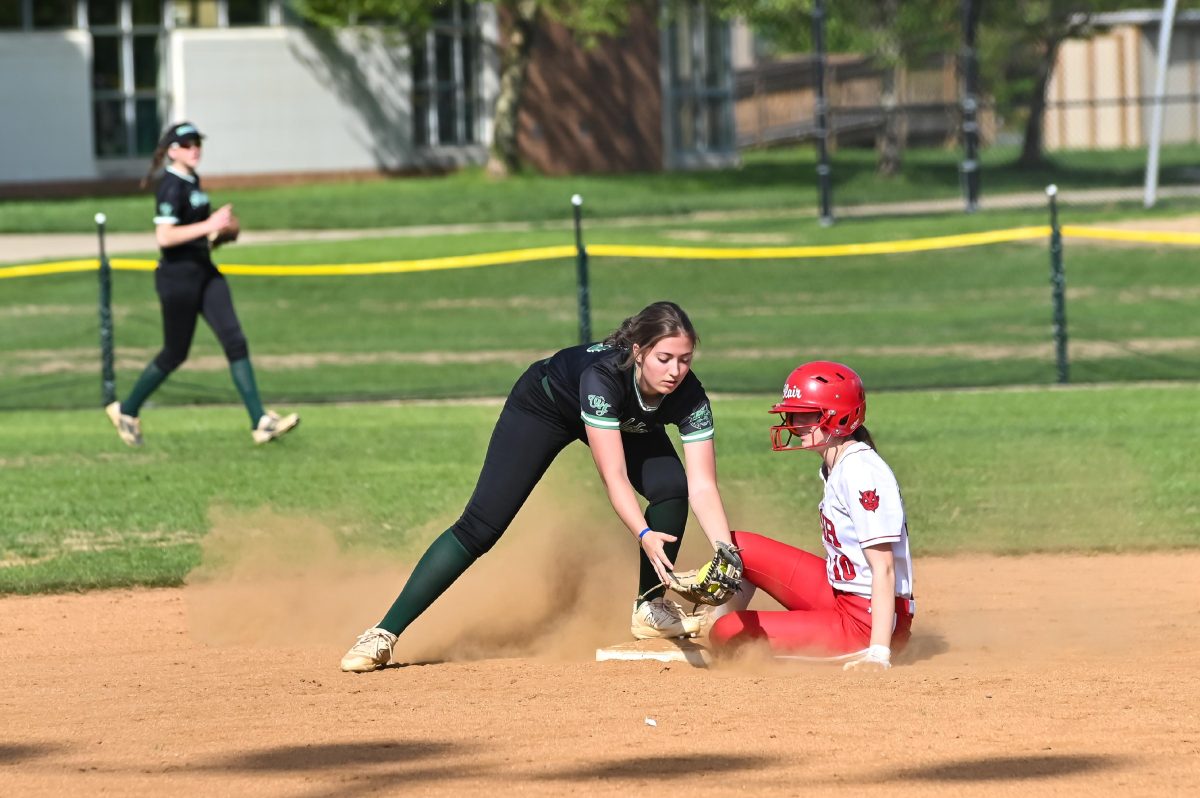For high school students, the college craze and recommendation letter stress arises mid-junior year and follows all the way through senior year. For teachers, the cycle repeats annually.
Teachers start every year writing college recommendation letters and end the year completing a list of letters to write next year. The process is not a one-time event like it is for students.
“[It’s] really important as teachers to remember that, this for me is my 25th round of college applications, but for you guys it literally is the first time,” social studies teacher Elizabeth Muehl said.
For the sake of their time and efforts, teachers can cap the amount of recommendations they write, ranging from 15 students to 30, sometimes more.
These students tend to be ones that have formed connections with the teachers or have been taught by them for a significant period of time.
“I think you have to have a connection with the teacher. I have two people right now who are seniors who I taught four years ago in U.S. History that asked me to do it… but typically it’s current or recent students,” social studies teacher Christopher Merrill said.
Apart from capping limitations, some teachers also set specific guidelines/requirements for students who want recommendations from them.
“Since most of the students I write recommendations for come from my AP Bio class, they have to score a four or five on their AP test and that way I could set the bar, let them know how hard they need to work in order to earn a recommendation,” biology teacher Khanh Chau said.
Many teachers stressed that it is difficult to write letters for students they have not taught or interacted with in the past year, as they have not seen their growth or how they are as a current student compared to the younger version that the teacher met.
“Usually I will steer them elsewhere… A lot of them I taught 9th grade, but then I’ll have them again junior year or senior year. So then if they’re back with me then that’s fine, then I can see what they’re doing in class for the first three to four weeks… But if I only had the 9th grade, I’m a little skeptical,” Muehl said.
Counselors, however, don’t get that liberty; they have to write letters for every student in their student “pool” with no cap, and the numbers are much higher than 20 students.
I have 63 seniors, and yes [I] write letters for all of them. I have to write letters for all but 5… I would say I spend probably 25 to 30 minutes on each letter.
— counselor Lynn Jarosi
A difficulty of writing recommendation letters remains that not all students take the time to build a personal relationship with their counselors or the teachers from whom they request recommendations. Counselors have a survey on Naviance that students are required to fill out as well as one-on-one senior meetings, and teachers have utilized tools such as Google Forms and personal meetings.
Conversations about requesting recommendation letters usually only take a few minutes and the responsibility then moves onto teachers for completion; students are on the waiting side.
For teachers, the writing process of these letters can range from one work day to weeks. Some have made set schedules for themselves to ensure that they finish the letters in a timely manner.
“[On] Rosh Hashanah, I sit down for that work day and I write them. And so that’s about 8 hours. And then on Yom Kippur every year, that’s when I upload them. And by uploading them, I mean turning those paragraphs that I wrote into the PDF, uploading those… it’s a great strategy because even though Yom Kippur [and] Rosh Hashanah move around on the calendar, they always are before the 1st deadlines for college admissions,” Chau said.
The most important thing, for teachers, is patience and communication from students; this whole process is as hard, if not harder, for them.
“I need as much communication upfront so that I’m writing the best recommendation possible… constantly communicate. Don’t just ask once and then walk away, come back and check in with the teachers who are writing them,” Muehl said.

